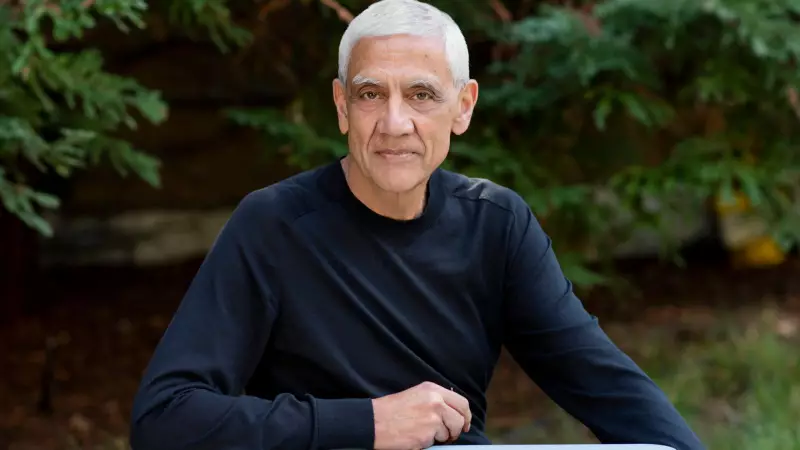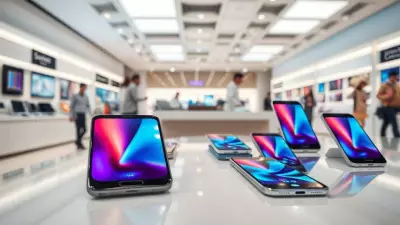
In a thought-provoking revelation that challenges conventional wisdom about artificial intelligence, Silicon Valley luminary and Sun Microsystems co-founder Vinod Khosla has presented a revolutionary perspective on how AI will transform human existence.
The Liberation Thesis: Why Most Jobs Aren't Meant for Humans
Khosla contends that the majority of current occupations represent work that humans fundamentally shouldn't be performing. Rather than viewing AI as a threat to employment, he frames it as humanity's great liberator—a technology that could free us from mundane, repetitive tasks that fail to utilize our unique human capabilities.
Redefining Human Purpose in the AI Era
"Most jobs aren't what humans should do," Khosla stated emphatically, suggesting that our current workforce paradigm represents a historical anomaly rather than an ideal state. His vision positions AI not as job destroyer but as human potential enabler, creating space for more creative, meaningful pursuits that align with our inherent strengths.
The Historical Context: Technology as Progressive Force
Khosla draws parallels with previous technological revolutions that initially sparked fear but ultimately created new opportunities and elevated human existence. He argues that AI represents the next logical step in this evolutionary process—one that could potentially address global challenges from healthcare to climate change.
Practical Implications for the Workforce
The venture capitalist acknowledges the transitional challenges but emphasizes the long-term benefits:
- AI handling routine, dangerous, or monotonous work
- Humans focusing on creative, strategic, and interpersonal tasks
- New industries and job categories emerging from AI capabilities
- Potential reduction in work hours with maintained productivity
The Global Perspective: AI's Uneven Impact
Khosla recognizes that the AI transition will affect different economies and demographics unevenly. However, he maintains that the net outcome will be positive for humanity overall, potentially creating what he describes as "more human" work environments and opportunities.
His perspective offers a refreshing counter-narrative to the doom-and-gloom predictions surrounding AI, suggesting that the technology might finally enable humans to work less while accomplishing more of what truly matters.





